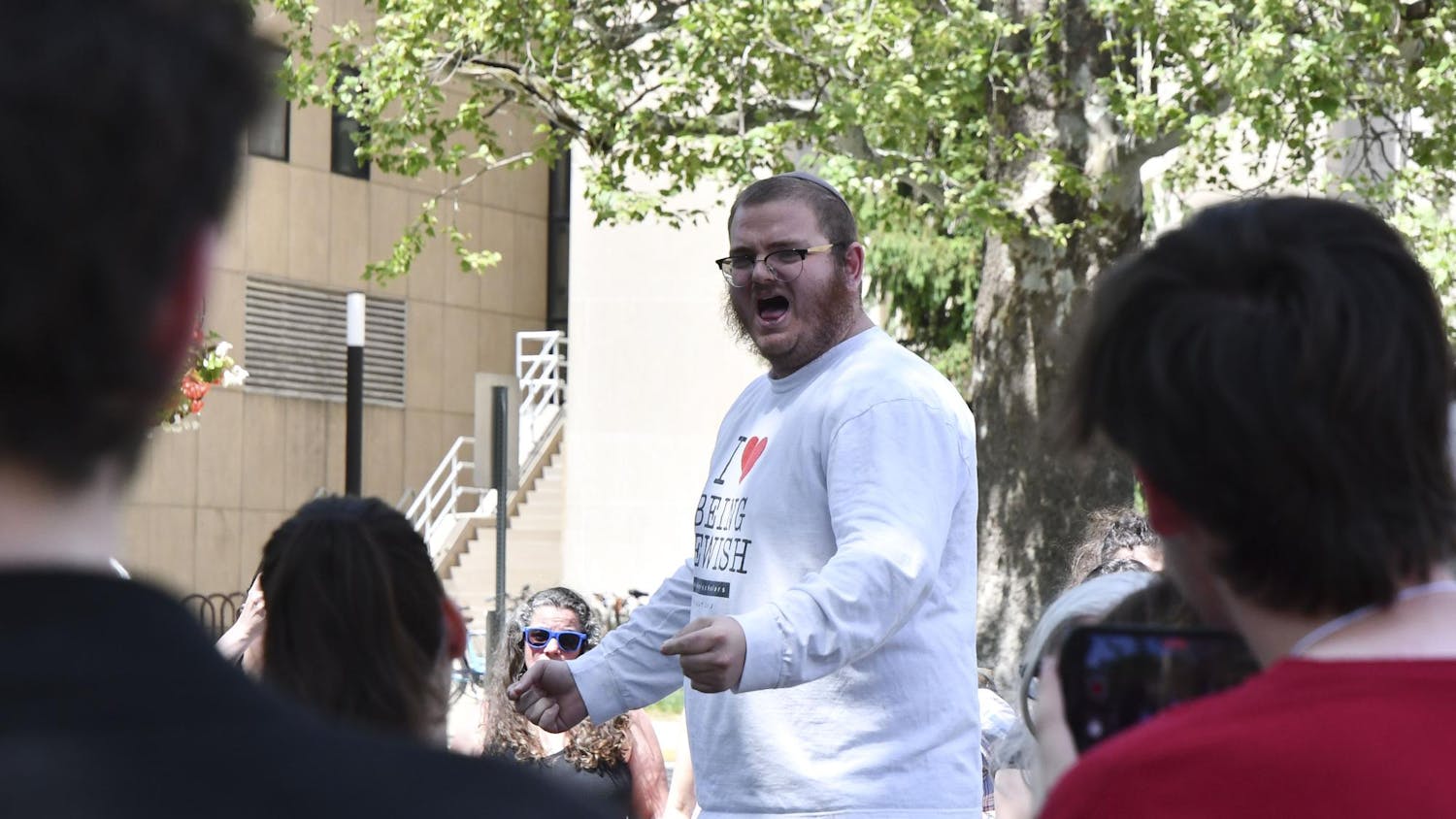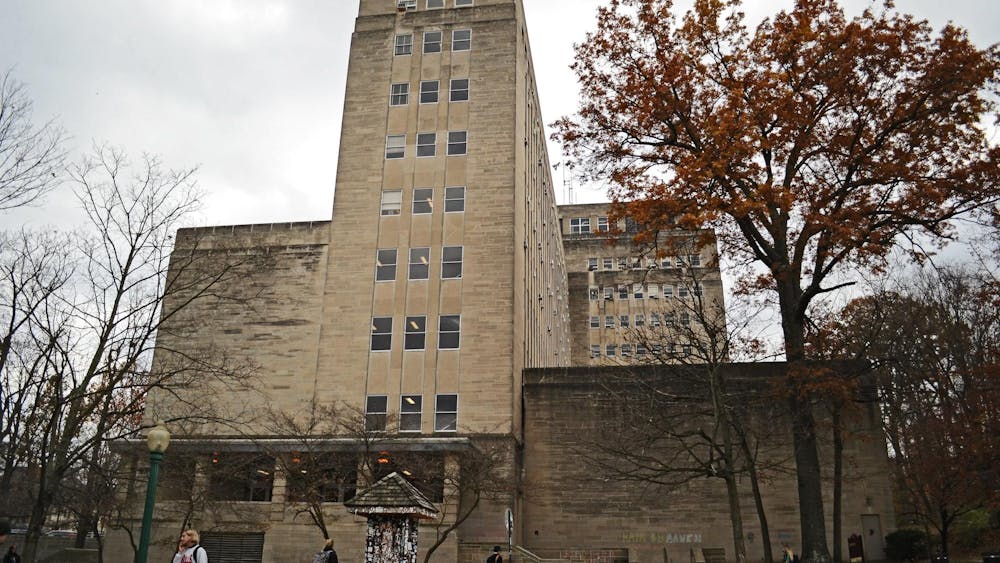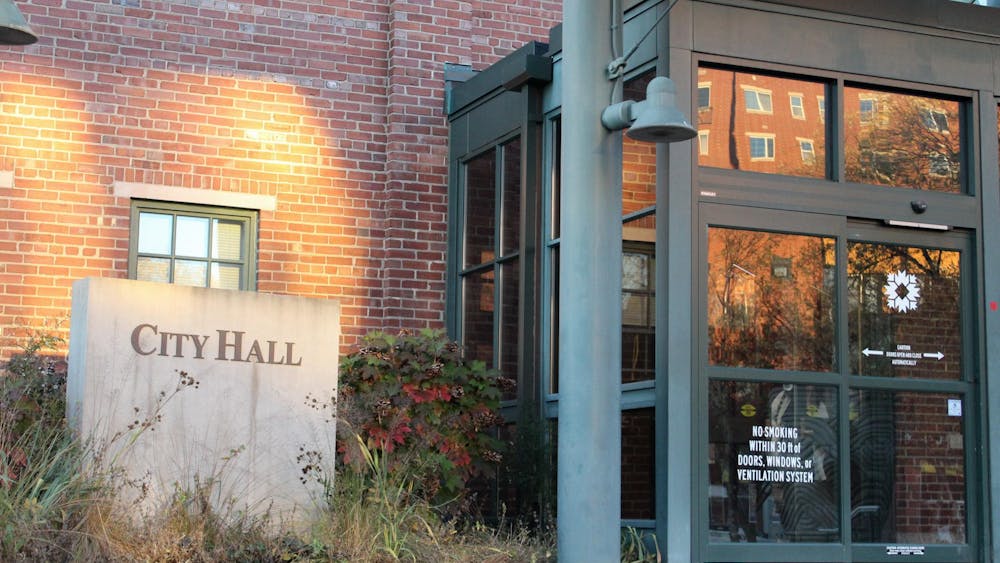Music, meaning and movement are three words that describe the conversations between a diverse group of about 20 students during a discussion about the link between hip-hop music and social struggles -- particularly civil rights.\nThe CommUNITY Education Program hosted a discussion dubbed "The Meaning Behind the Lyrics" in the lobby of Read Center on Jan. 18. Participants talked about how hip-hop lyrics are linked to slavery struggles and the civil-rights movement.\nThe purpose of such programming is to "foster respect and understanding in all residence hall communities and to create an environment that seeks, welcomes and values all people," according to CUE's mission statement.\nStudents discussed the origin of hip-hop songs by analyzing lyrics from such artists as Tupac Shakur, Common and Talib Kweli. They also discussed the lyrics of rhythm and blues artists such as Alicia Keys and Curtis Mayfield as well as reggae artist Bob Marley.\nJunior Jorge Wellmann, a CUE staff member, led the discussion. He expressed his desire in holding a discussion about the meaning of hip-hop lyrics, saying that looking back into history reveals songs that inspired social change in many communities.\n"When you look at the rap industry now, many artists have enough power and money to inspire youth to wear certain clothing," Wellmann said, "and I think they can also do the same by inspiring social change."\nWellmann said the purpose of the program was to highlight the positive influence of hip-hop music, instead of the negativity surrounding the genre.\n"I want students to do their research reading through different lyrics and try to find the meaning and message of certain lyrics," Wellmann said. \nWellmann hopes participants learned that they have the power to make a change in their communities and that students can initiate that change, big or small.\nHe became interested in hip-hop lyrics and their connection to social change because he has family involved in the music industry, he said. He understood that even though there are artists who want to produce positive music, the pressures of success can limit those positive voices, producing only a mainstream, often commercialized form of hip-hop.\nSophomore Ta'Vonna Robertson, a resident assistant at Read Center, worked closely with CUE in helping organize the program. \n"We have been planning programs like these since we got back into school," Robertson said.\nRobertson said they have a committee for each program that is hosted. About five RAs worked on the program, she said.\nRobertson said she hoped students learned a great deal from the program. She emphasized that some hip-hop lyrics speak about empowerment, hope and stories about strife and struggle.\n"I hope the people learn that when you listen to the lyrics of rap music, it's not always about violence, drugs or being in a gang," she said. "Some things send a positive message and are near and dear to our communities and do have power."\nTo learn more about CUE events, visit www.cue.indiana.edu.
Students say hip-hop lyrics should spur social change
Discussion details rap's role in civil rights
Get stories like this in your inbox
Subscribe





